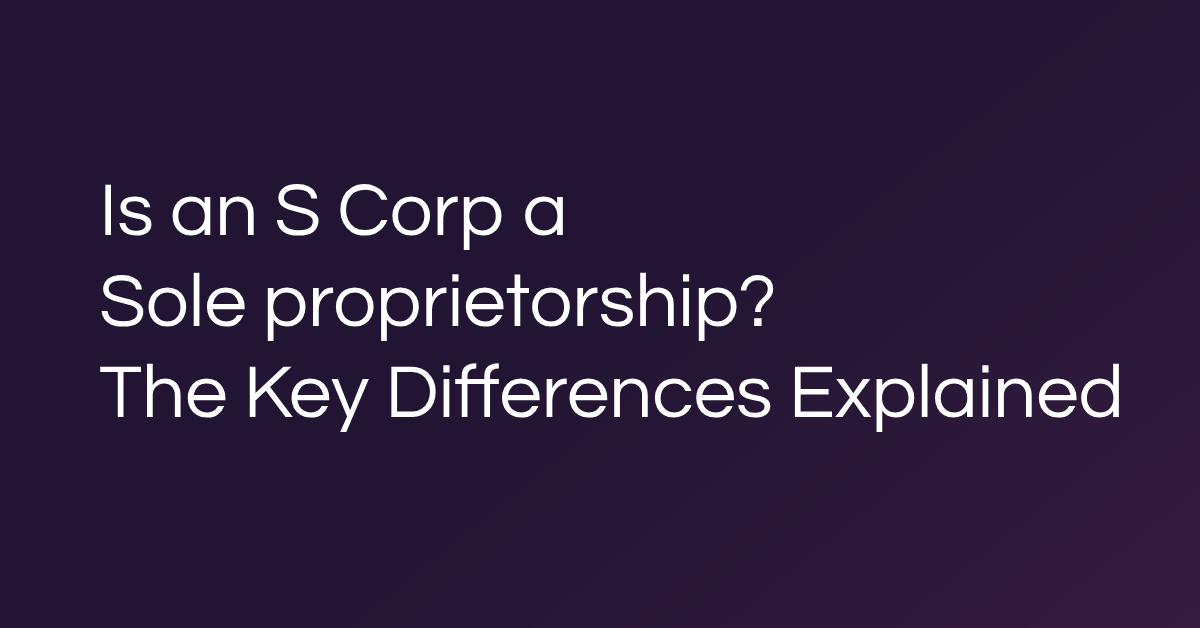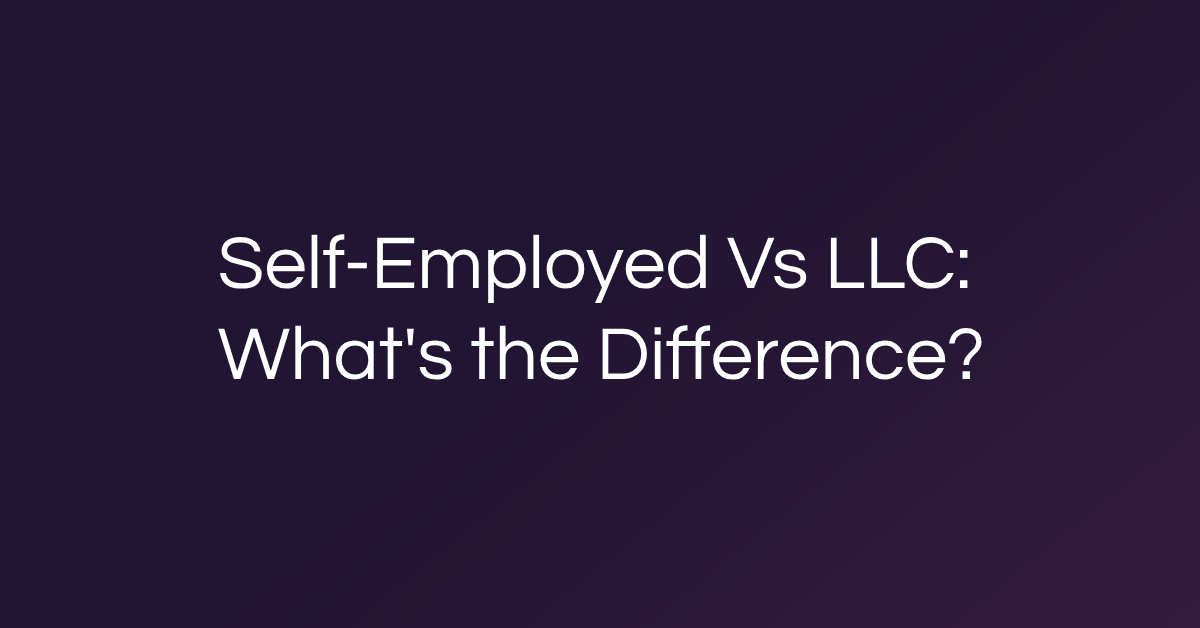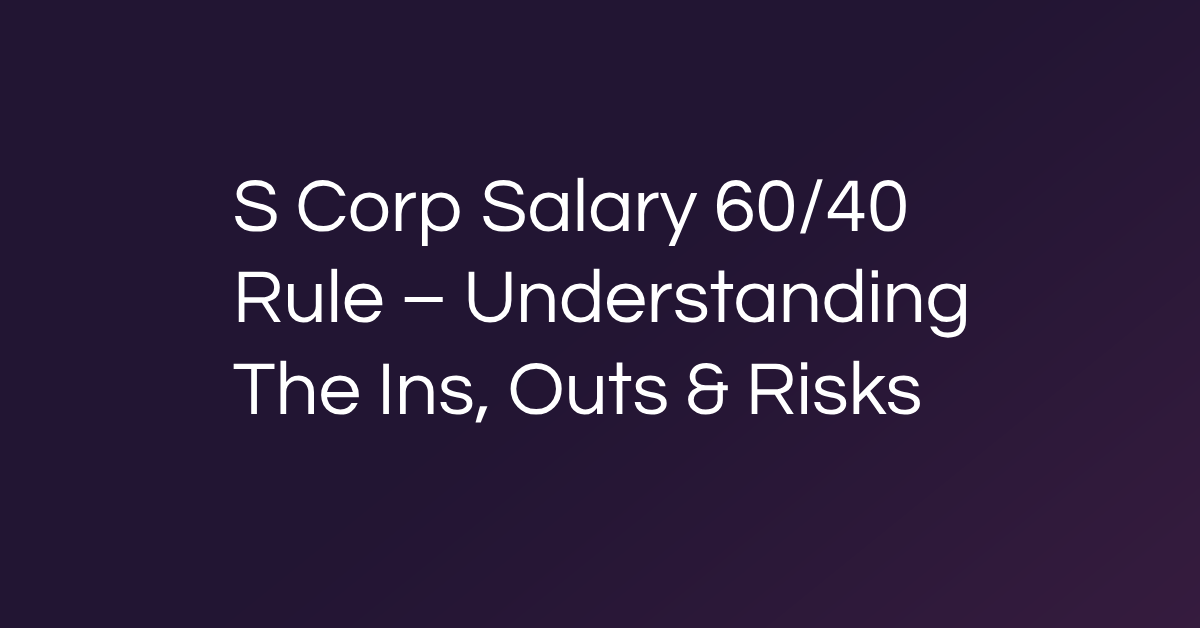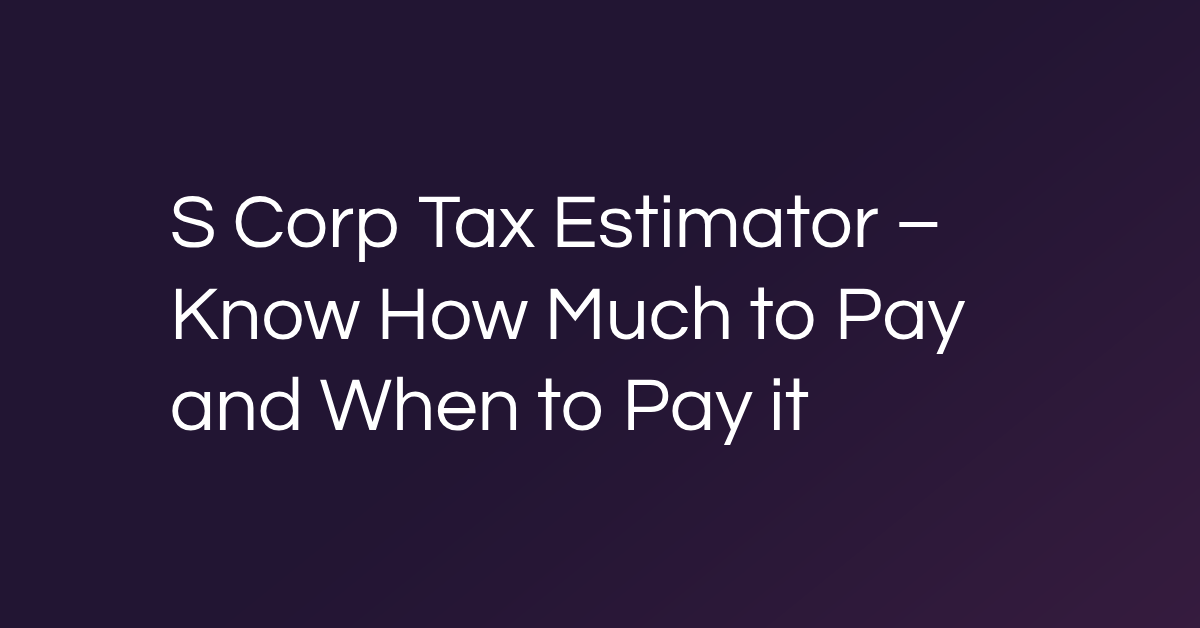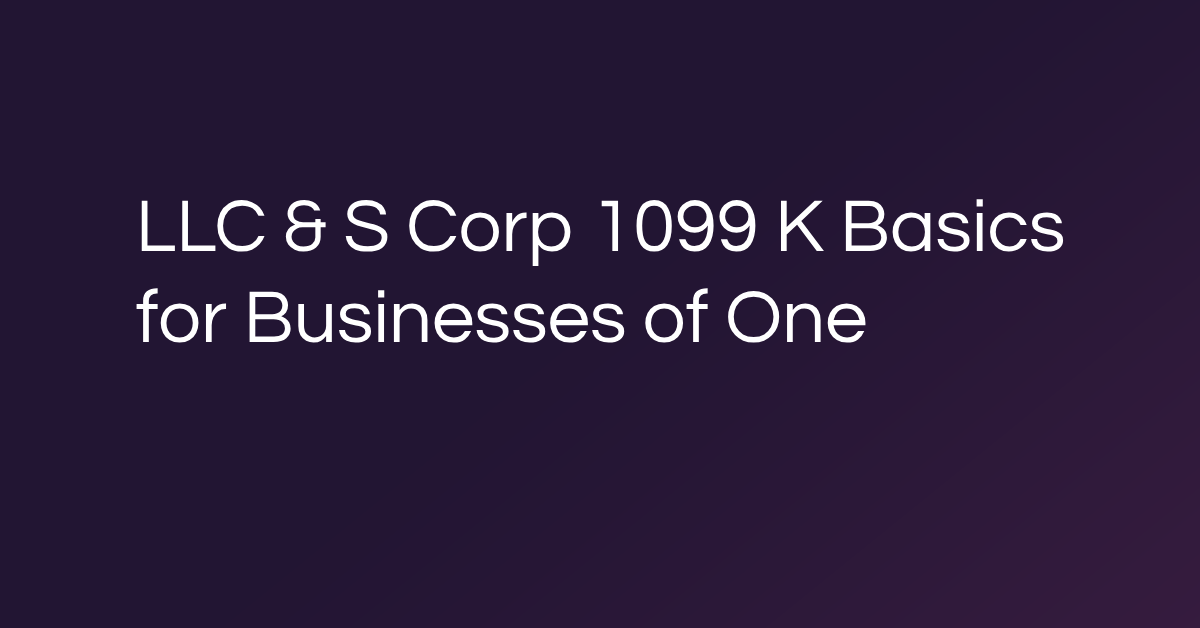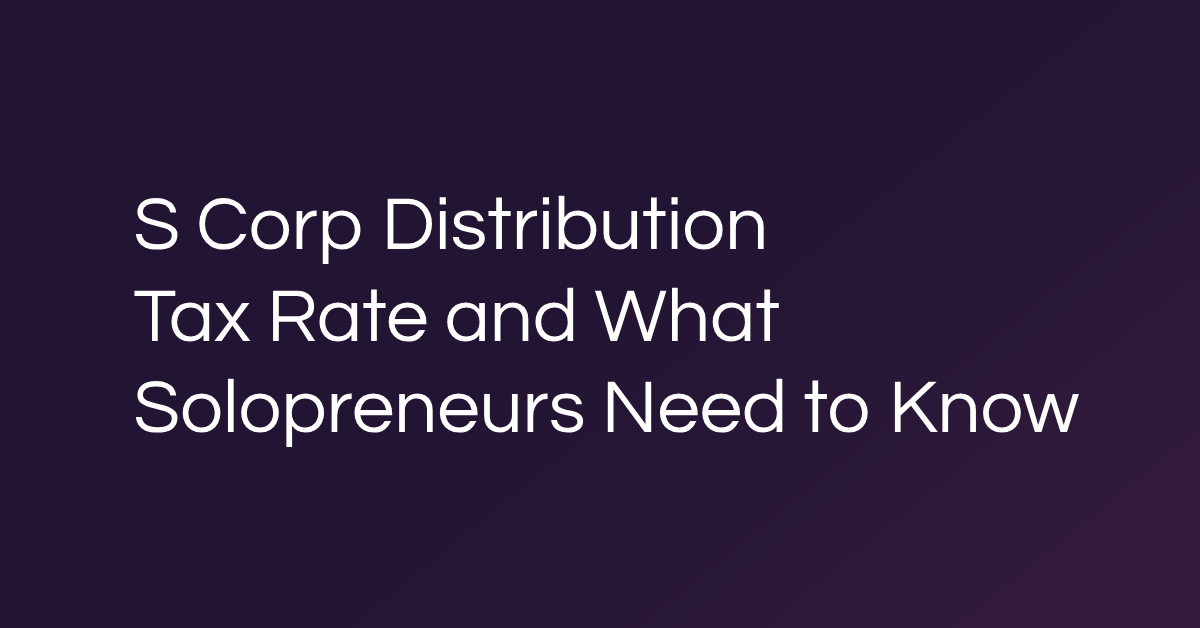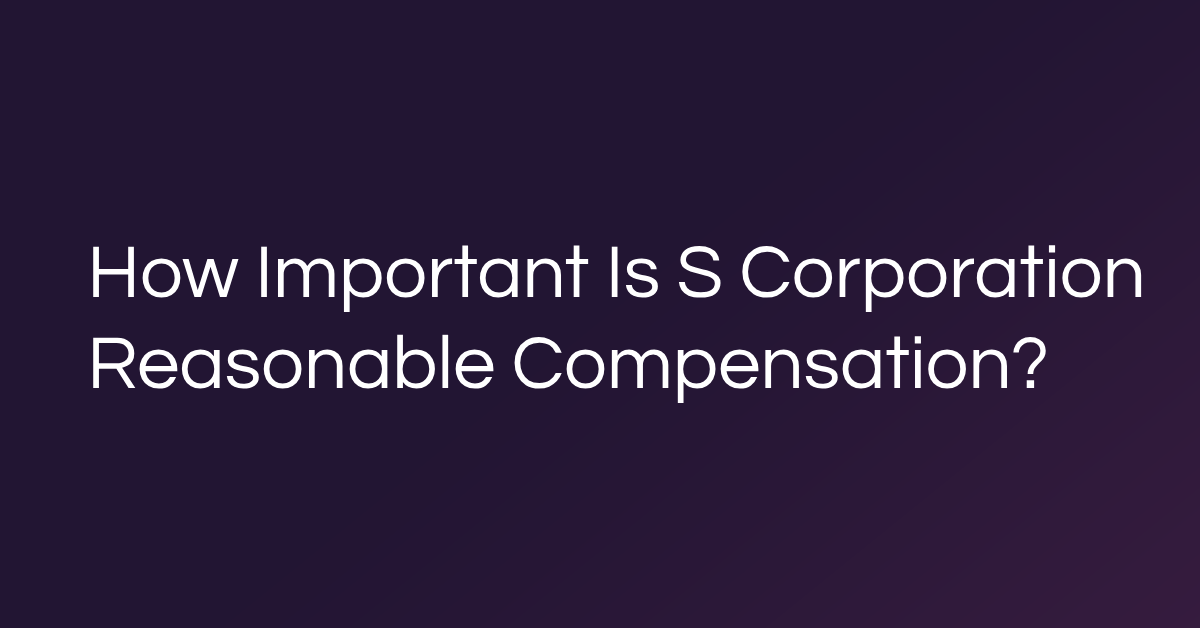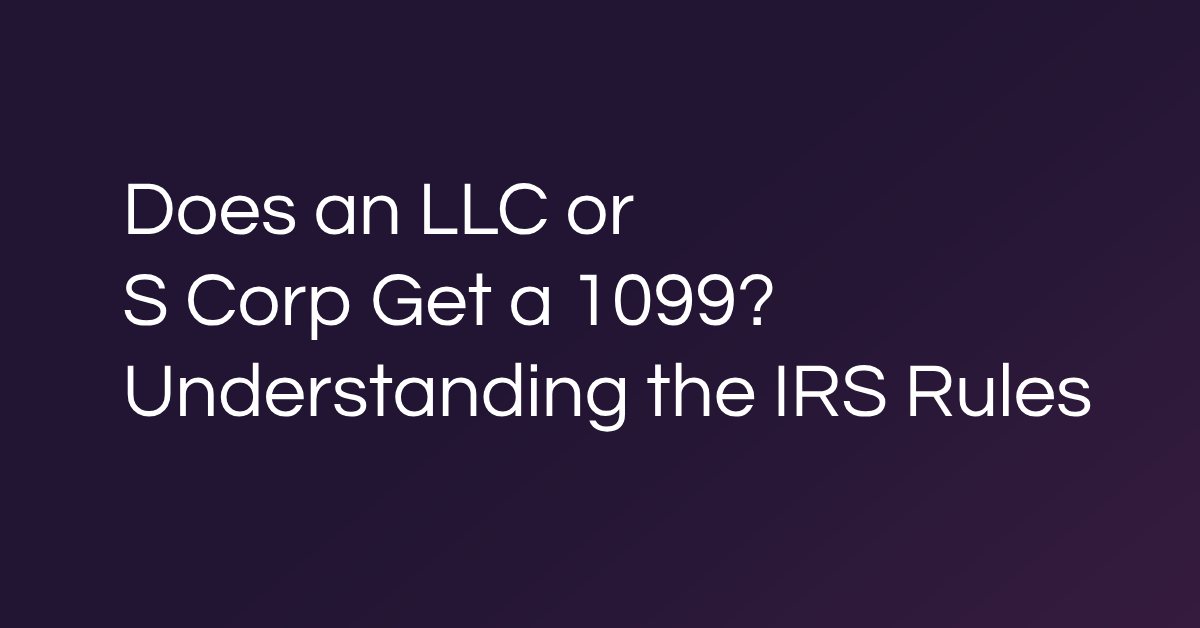Small business owners & solopreneurs with a single-member LLC or S corp often find themselves puzzled by the differences between a sole proprietorship and an S corporation. While sole proprietorships are straightforward and widely used, they don’t provide the same protections and benefits as an S Corp. For those familiar with accounting and supported by a certified public accountant (CPA), choosing a structure that aligns with your business goals will minimize risk and maximize tax benefits.
Get clarification on these distinctions, explore the nuances of both structures, assess their risks and advantages, and learn why an S corp might be a better fit for your business-of-one.
Understanding sole proprietorships
A sole proprietorship is the go-to choice for many solopreneurs and businesses of one due to its straightforward setup. This business structure is unincorporated, meaning the owner and the business are legally the same entity. As a result, the owner is personally liable for all business-related debts and obligations.
A major draw of a sole proprietorship is its simplicity. Other key advantages include:
- Minimal paperwork and lower costs
- Full control over business operations
- Quick decision-making without external approvals
- Simplified expense tracking for self-employed individuals, as income and expenses are reported directly on personal tax returns
Despite these advantages, the lack of legal separation between personal and business assets can be risky. The owner’s personal assets, like their home or savings, could be jeopardized if the company faces financial trouble or legal issues. This potential liability is a significant concern for small business owners already juggling multiple responsibilities. This can be mitigated with business insurance, but it doesn’t eliminate risk.
What is an S corporation?
An S corporation, or S corp, is a business structure that combines elements of corporations and partnerships, offering distinct advantages for small business owners. Unlike a sole proprietorship, an S corp is a separate legal entity, which means the business and its owner are legally distinct. This separation can provide significant benefits, particularly in terms of liability protection and tax treatment.
To become an S corporation, a business must meet specific IRS criteria. It must:
- Be a domestic corporation
- Have no more than 100 shareholders
- Only issue one class of stock
Additionally, shareholders must be individuals, certain trusts, or estates. This setup simplifies ownership and ensures compliance with IRS regulations.
Establishing an S corporation involves two core steps:
- A business must incorporate by filing articles of incorporation with the state.
- The business must submit Form 2553 to the IRS to elect S corporation status, usually within two and a half months of the start of the tax year.
While this process is more involved than setting up a sole proprietorship, the benefits often justify the effort.
For small business owners already managing their finances and working with a CPA, transitioning to an S corp can be a strategic move (great news — Besolo’s Solo S Corp includes two on-boarding consultations with CPAs plus ongoing support from U.S.-based tax professionals). It enhances liability protection and optimizes tax benefits, aligning with long-term business goals.
Liability and risk management
Liability protection is the main difference between a sole proprietorship and an S corporation. Sole proprietors face personal liability for business debts and legal issues, putting personal assets like homes or savings at risk, which can be a major concern for small business owners who are already managing numerous duties.
An S corporation, however, acts as a separate legal entity, offering limited liability protection. This means personal assets are generally shielded from business liabilities, providing peace of mind for solopreneurs focused on growth without the fear of personal financial exposure.
Taxation: Sole proprietorship vs. S corporation
Taxation is another area where these structures diverge. Sole proprietors report business income on personal tax returns and pay self-employment taxes, which can be burdensome as the business expands.
S corporations offer a tax advantage by splitting income between salary and dividends. Owners pay payroll taxes on salaries, while dividends avoid self-employment taxes, potentially reducing the overall tax burden. This setup also opens doors for more deductions and strategic tax planning.
Weighing the pros and cons
Consider your business needs when choosing between these structures. Sole proprietorships offer:
- Complete control
- Low costs
- Minimal compliance requirements
However, owners have unlimited personal liability, putting their assets at risk. They may also face higher self-employment taxes and struggle to secure funding or investors.
S corporations provide:
- Liability protection, separating personal and business assets to reduce financial risk
- Potential tax benefits, allowing owners to avoid self-employment taxes on distributions while maintaining pass-through taxation
Although they require more paperwork and compliance, S corps can enhance credibility and attract investors. For independent professionals, an S corporation can be a strategic choice for long-term growth and financial security despite the added administrative complexity.
Choosing the right structure for your business
When choosing a business structure, evaluate:
- Your needs, this can include a need for flexibility
- Your long-term goals
- Your risk tolerance
- How much control you want
- The level of personal liability you’re comfortable with,
- Your preferred tax treatment
Simplicity may be ideal for a solopreneur, but future growth or legal protection might justify a more complex setup. Weigh the trade-offs between ease of management and potential long-term benefits.
Factors like growth plans, funding needs, and financial goals are crucial when making the decision. If you plan to expand, attract investors, or reduce tax burdens, an S corporation may be a better fit. On the other hand, if you prioritize simplicity and direct control, a sole proprietorship might be the best choice. Understanding these factors will help ensure your business structure supports your vision and financial success.
Practical tips when starting or changing your business structure
Switching to an S corporation requires careful planning:
- Consult legal and tax experts to ensure compliance
- File necessary documents like articles of incorporation and IRS Form 2553
- Maintain corporate records
- Update business accounts and inform financial institutions of your new status to ensure a smooth transition
Switch to an S corp with Besolo and all of the above is handled for you. Plus, our platform provides time tracking and reporting, invoicing, payroll, benefits access, and so much more.
Why you should consider switching to an S Corp
Transitioning to an S corporation can be a game-changer for small business owners. It offers strong liability protection and potential tax savings. Unlike sole proprietorships, which expose personal assets to business risks, an S corporation creates a legal separation that safeguards financial well-being.
Additionally, S Corps allow business owners to optimize their tax strategy by splitting income between salary and distributions, reducing self-employment tax burdens. These benefits make an S Corp a compelling choice for solopreneurs seeking long-term growth and financial security.
If you want to minimize risk and maximize tax advantages, now may be the time to switch. An S corporation can enhance your business’s credibility, help secure funding, and provide a more structured path to expansion. While the transition requires some administrative effort, the long-term benefits far outweigh the initial setup.
Get started today with Besolo’s Solo S Corp package for a streamlined and hassle-free setup.

